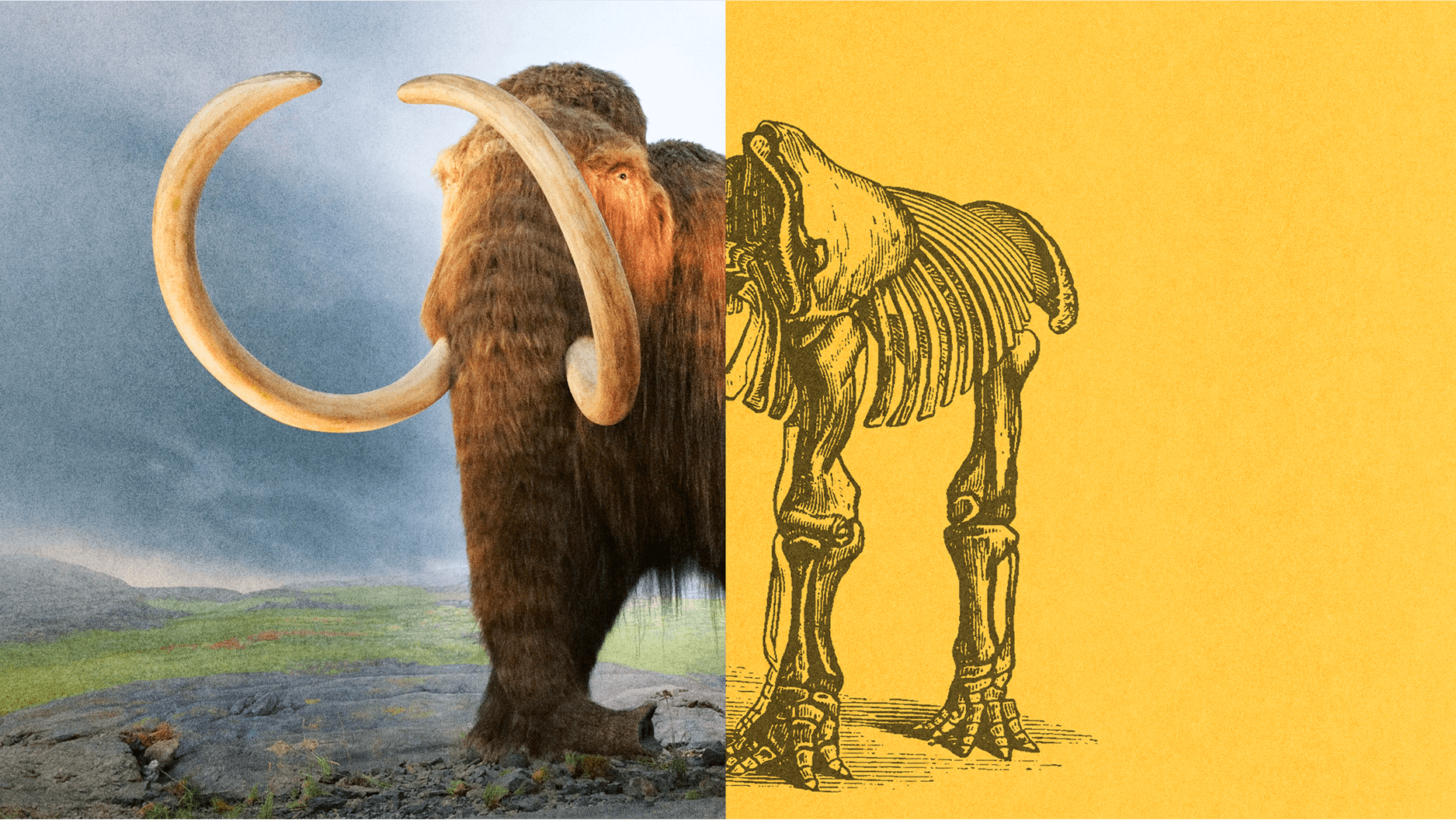2-Tentacled Ancestor of Squid ID’d By Canucks

A pair of Canadian paleontologists say that anigmatic fossilized organism called Nectocaris pteryx (literally “swimming crab with wings”) was the great-grandmammy of the modern-day squid, octopus, and cuttlefish:
In the Canadian Rockies, a horde of 91 squid-like animals have risen from the depths, millions years after their demise. This isn’t the plot of a terrible B-movie; it’s the doing of Martin Smith and Jean-Bernard Caron from the University of Toronto. Together, they have solved a mystery some 500 million years in the making.
Smith and Caron have been giving a makeover to an enigmatic creature called Nectocaris. Until recently, only one specimen had ever been found. Its poor state and puzzling combination of features made it nigh impossible to classify. But not anymore – by finding a staggering 91 extra specimens, Smith and Caron have revealed that Nectocaris is the earliest known cephalopod. It’s the great-great-great-(etc)-granduncle of today’s octopuses, squids and cuttlefish. [Discover]
The first Nectocaris fossil was found in 1976. For many years, scientists had only a single specimen to work with. Recently, 91 other Nectocaris fossils were found, revolutionizing our understanding of these 3-cm long carnivorous animals. Smith and Caron analyzed these newer finds and put together a strikingly different composite image of Nectocaris.
The creature was originally thought to resemble a legless prawn. The new findings, which appear in the journal Nature, suggest that Nectocaris had a kite-shaped body with two tentacles.
Smith and Caron argue that Nectocaris is the ancestor of contemporary cephalopods. If they’re right, that means the cephalopod lineage is about 30 million years older than we thought.
Image by Discover.




